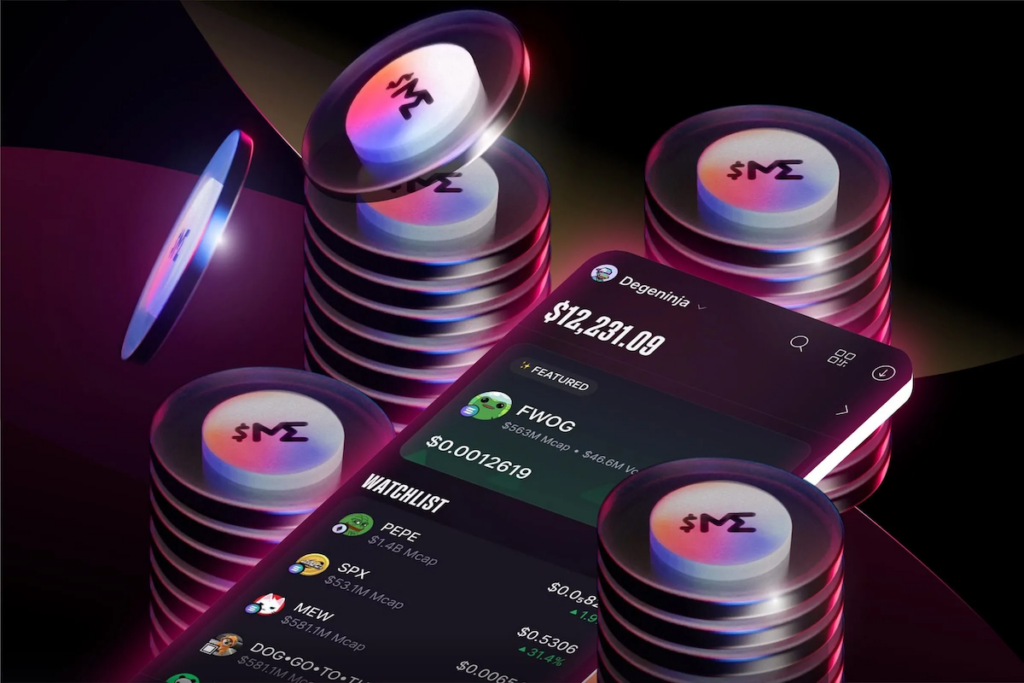Economic predictions for the near future may not be as stellar as researchers would have hoped, but there is still definitive room for development and evolution. A slight growth is projected for 2025, as central bank rates remain elevated amid the fight against inflation and fiscal support withdrawals. In spite of the issues, the financial services market needs to stay resilient to navigate the disruptions in an adequate manner. Tech developments in the area have continued to be robust, and emerging trends in financial services guarantee the ability to respond to unexpected events and shifts in a timely and efficient manner.
As trends change constantly, it’s important for industry participants to be aware of shifts and movements, whether this means integrating new tools or rising concepts that were previously unseen on the market. All of them could represent both a challenge and an opportunity, but being prepared for them or at least having a general idea of what they represent for the sector means that you’re more likely to have a successful outcome.
Blockchain banking
There’s been quite a lot of buzz surrounding blockchains, as they are also an entirely new technological development that has taken the financial world by storm. Although, so far, the tech has mostly been associated with cryptocurrencies, as investors look for the Bitcoin price today to determine if they should buy or sell, researchers believe there’s a lot of potential for future developments. The blockchain has the ability to change many areas of the financial world since it basically operates in the same manner as an old-school ledger. The main difference is that the blockchain only exists in the online world, and it is entirely decentralized.
Its advantages include the ability to ensure security and guarantee accuracy, two very important characteristics of financial environments that operate adequately. The blockchain can revolutionize the efficiency and speed of transactions and provide functionality for a wide range of transactions, including healthcare, commerce, and insurance, apart from its very obvious benefits for finances. The decentralized ledger has the ability to make data immutable and ensure that it cannot be changed, modified, or deleted without previous approval. The technology can also become an integral part of regtech, the management of regulatory solutions and processes within the financial sector.
AI
The rise of artificial intelligence has not gone unnoticed, even by those who don’t keep up with the trends. In fact, the technology is predicted to become one of the largest market disruptors in the world as a result of its high efficiency and ability to fundamentally transform businesses. As things change and an ever-growing number of enterprises choose to integrate AI into their own procedures, this tech will definitely continue to play a significant role in the financial services industry for the foreseeable future. An increase in AI-powered automation is only to be expected, meaning that there will be more personalization options available for customers and an increasing focus on perfecting customer service tools.
Artificial intelligence can also come in handy when it comes to the fast and reliable completion of financial transactions, some of which still require explicit human supervision. It can also become the tech that starts a legitimate crackdown on fraud and other illicit activities pertaining to insurance claims and loan approvals. Early adoption is also most likely key to guaranteeing that the technology works well for you and that you can tailor it in any way that fits your particular requirements.
Sustainability
Sustainable practices and developments are at the forefront of many industries and are only expected to grow in popularity in the near future. This is due to a decisive shift in the way customers approach products and services, as sustainability has become more important for the majority of them. Most expect the banks, brands, and organizations they interact with to be guided by like-minded principles, and if they learn that this isn’t the case, many are more than willing to switch to others that are more fitting.
Analysts believe that sustainable finance can generate higher returns through the integration of products and services that can be sold to customers who showed positive responses to the company’s social stance. Since sustainability is synonymous with reducing the amount of resources used and a push toward eliminating uneconomic procedures, businesses can expect to slice costs as a whole. This is something that naturally works to the advantage of any company since it minimizes losses and ensures enterprises can stick with their budgets.
Those who make a commitment to sustainability also show that they are focused on innovations and development, meaning that investors and customers are more likely to see them as better prospects compared to their competitors. Adopting new technologies and policies and finding ways to integrate them successfully means that it is much easier for companies to become more resourceful and find it easier to adapt to the demands of changing marketplaces.
BNPL
BNPL, also referred to as Buy Now, Pay Later, is not a newcomer in the financial environment, but that doesn’t mean that it doesn’t still have a few aces up its sleeve. The next step in the development of this system is interest-free borrowing, something that is expected to make BNPL even more popular. Since the payment plan essentially acts like a credit card, consumers can enjoy better accessibility since they can spread out their payments over several months.
The financial risks are kept at a minimum with Buy Now, Pay Later, not only because of the interest rates but also because the payments are fixed. By 2026, a quarter of all ecommerce transactions are anticipated to be buy now, pay later, a considerable development compared to 2021 of only 9%, making the technology one of the most noteworthy transformation trends in the entire finance industry.
Technology is changing all marketplaces, and businesses that don’t integrate digital solutions in their functionality are bound to deal with the consequences. However, trends change all the time, and in order to remain profitable, it is essential to be knowledgeable about how things could change.
Main Image Source: Unsplash
Author
-

The views and opinions expressed in this guest post are solely those of the author, and do not necessarily reflect the official policy or position of NFT News Today.




